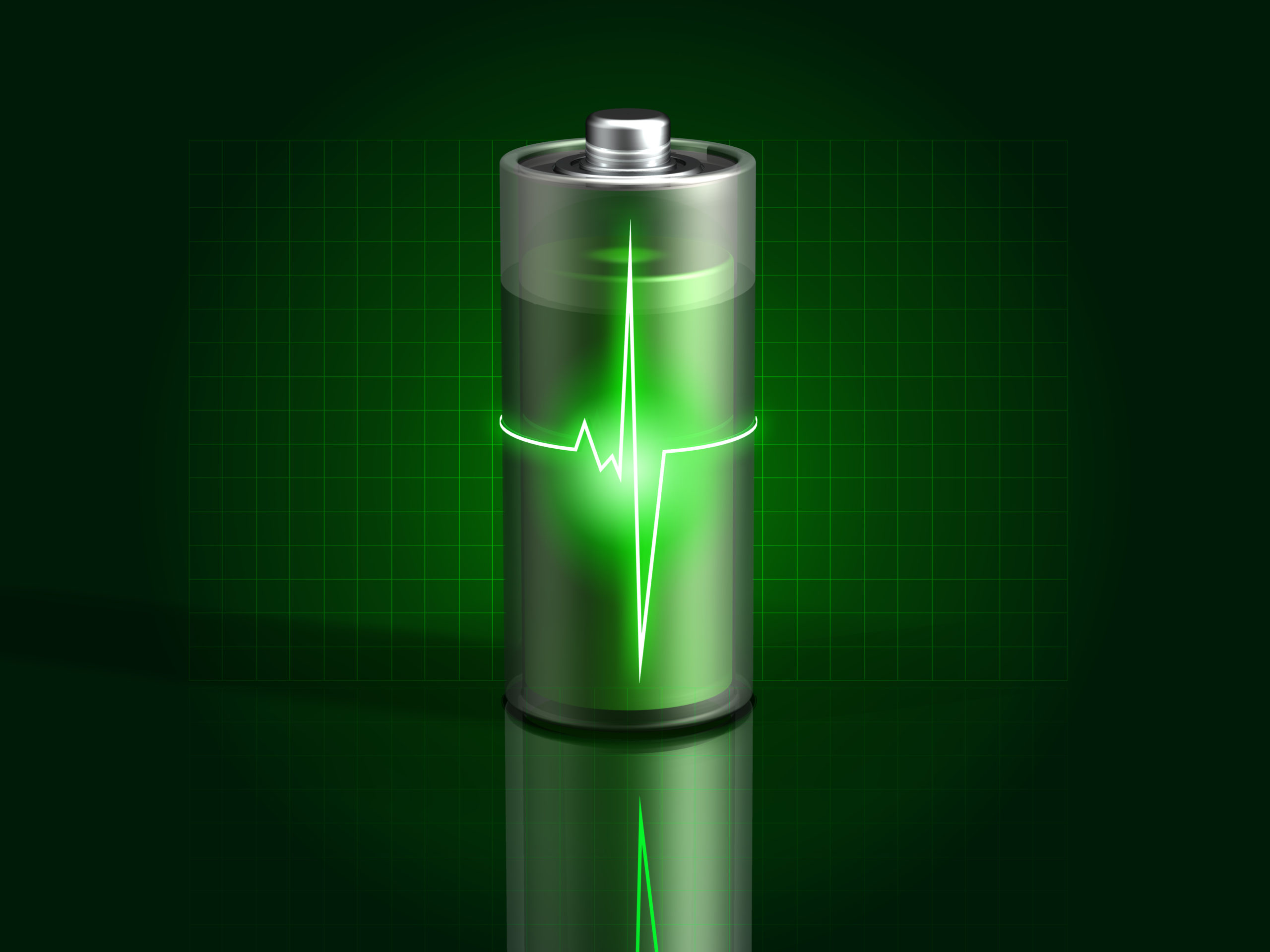Projects exploring battery recycling, digital twins, new battery materials, and new manufacturing techniques have received funding from the government’s Faraday Battery Challenge.
From digital twins to improving battery recycling and next generation battery materials
17 projects announced yesterday will support innovation in propulsion battery technologies for Britain’s EVs.
They will share £27.6 million in funding, delivered by Innovate UK, Britain’s quasi-independent dispenser of public cash for research in science & engineering.
The projects aim to enable UK competitiveness across the battery value chain by:
- building and securing a home-focused supply chain
- improving battery performance, at lower cost
- developing globally competitive manufacturing processes
- upping the sustainability of batteries
High performance
OXLiD is leading researchers exploring lithium-sulfur (Li-S) batteries, a promising storage technology for applications where high performance, lightweight batteries are needed, such as aeroplanes.
Focusing on the development of quasi-solid-state Li-S batteries the project has the potential to significantly improve the:
- number of times Li-S batteries can be cycled before they reach their end of life
- amount of energy Li-S batteries can store per unit volume
- temperature range over which Li-S batteries can operate
In ultra-fast charging the EXtrAPower project led by Nyobolt aims to bring to market a commercially viable technology. Its batteries could slash charging EV times from hours to minutes.
With EV ownership increasing, the trend could lead to more than 11 million tons of battery waste annually by 2030, enough to fill Wembley Stadium almost 20 times every year, the award’s organisers calculate.
Recycling this mountain of waste can be avoided by taking a circular economy approach, such as being developed by Altilium Metals. Through the CAM-EV project, the Devonshire-based concern is exploring how to recover the critical metals from old EV batteries, ready to process them in new units.
Tony Harper, challenge director for the Faraday Battery Challenge, said “As we move towards a net zero future the UK’s electric vehicle industry must continue to evolve.
“These winning projects have all shown how their ideas can potentially accelerate the development of technologies or business practices in the UK”.
Nusrat Ghani MP, minister for industry and investment security said: “Efficient and reliable batteries are the key to powering new, green industries that will create jobs and enable our UK-made transition to net zero – from our world-leading renewables industry to our growing electric vehicle sector.
This government is providing record funding for the Faraday Battery Challenge, unlocking industry investment in projects like these that build our competitive edge in these vitally important technologies.




